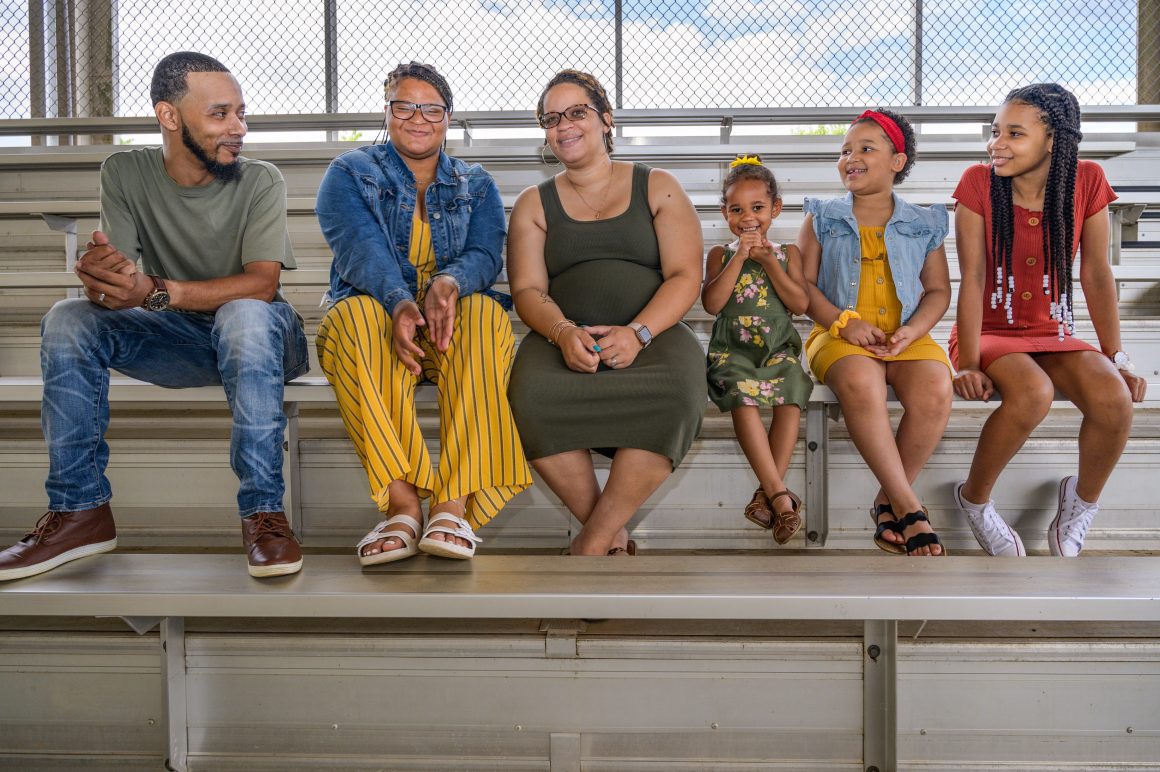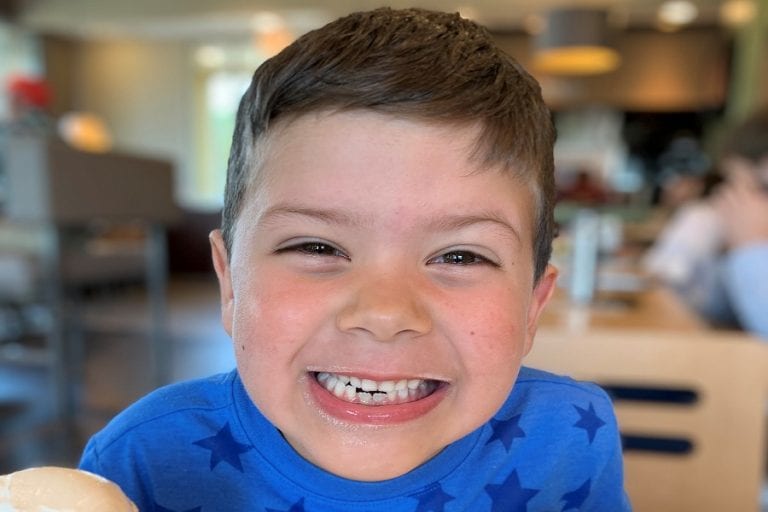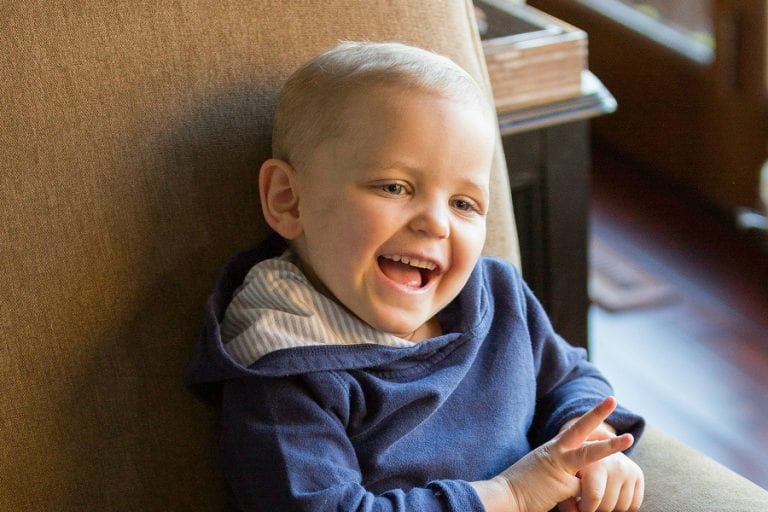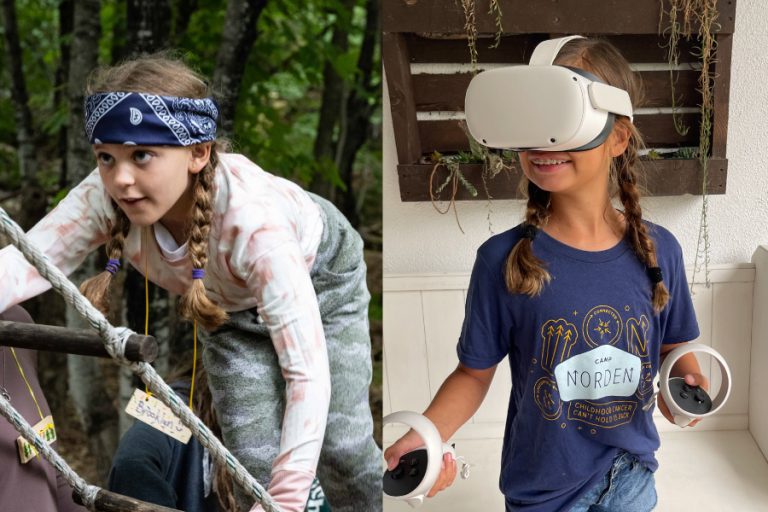Childhood cancer leaves a lasting impact on children and families. Even after treatment ends, long-term effects of cancer treatment may pose challenges for survivors. Children and young adults, along with their families, may experience significant changes to their lifestyle. Instead of this being a time to go back to life as it used to be, it may be a time of continued adjustment, as you leave the security of the people on your child’s health care team. Some said the transition to life after treatment took longer and was more challenging than they thought it would be. “A moment filled with joy and gratitude was also marked by the heavy weight of a goodbye. We all were thrilled that chemo was over yet devastated to leave each other.” - Katrina, cancer survivor
Below are tips for caring for childhood cancer survivors once treatment is completed.
Health Care After Cancer
Survivors should create a plan with their care team to help them practice a healthy lifestyle and cope with any possible late effects that they may experience. Regular follow-up appointments with a care team are critical to monitoring late effects and the long-term health of childhood cancer survivors. Maintaining a healthy lifestyle is especially important for survivors.
Survivors, their family members and their care teams should also put together a treatment summary, so the survivor has clear records of the treatments they went through during their cancer journey. This is especially important because studies have shown that many childhood cancer survivors cannot fully or accurately describe their previous cancer treatments or long-term health risks. After all, they likely relied on their parents or caregivers to have that information. This makes creating a treatment summary essential as survivors transition into adolescence and adulthood and start taking ownership of their own healthcare.
Treatment Summary
The treatment summary includes both diagnostic and treatment information, such as:
- Type of cancer, severity, date of diagnosis and pathology report
- Types of treatment received, including the names and doses of all medications, as well as the total number of sites of any radiation therapy received
- Treatment dates
- Key reports and scans, such as CT scans and MRIs
- Side effects and/or complications experienced during treatment
- Supportive care received – such as counseling or physical therapy
- Identifying number and title of the clinical trial, if your child was in a clinical trial
- Names and contact information of key people on your child’s health care team
Read more: Empowering cancer families through survivorship education
Survivorship Care Plan
A survivorship care plan (also called a follow-up care plan) is developed for each child. Survivorship care plans are based on the type of cancer and treatment your child received. Here is the type of information that’s included in follow-up care plans for children who have been treated for cancer:
- Exams and tests/procedures to check for recurrence of cancer, and a schedule of when they are needed
- Care and support to manage any long-term side effects and check for late effects
- Psychological support or counseling, and referrals as needed
- Referrals for legal aid or financial support, as needed
- Referrals to, and coordination with, specialists such as cardiologists, education specialists, endocrinologists, physical therapists, and psychologists and to appropriate treatments, clinical studies, and rehabilitation specialists
- Recommendations for healthy behaviors, such as advice regarding nutrition and physical exercise
- Family-based care, education, and outreach to your child and family
Read more: Improving Survivorship Care
Long-Term and Late Effects of Childhood Cancer
Toxic cancer treatments often cause lasting effects on a child’s body. These effects can last months or years after treatment ends. Knowing what symptoms to be aware of and when they may occur can help you plan for the needs of your child. Not knowing what to expect can cause anxiety for some parents. However, for other parents, knowing about late effects that may or may not happen to their child in the future can be overwhelming. Many parents find it helpful to ask their child’s doctor what to focus on at each step of their child’s recovery.
Physical Late Effects
Physical late effects involve change to organs, tissues, and/or body functions. They may affect your child’s growth and development. Some children who have been treated for cancer may have many physical late effects, whereas others have relatively few.
Emotional Late Effects
Emotional late effects include changes to your child’s mood, feelings and actions. Many children are very resilient after cancer treatment, but it’s normal for children to experience social and/or emotional problems. If your child is not sleeping well or no longer enjoys activities that they once did, ask your child’s health care team to suggest resources for mental health support in your area.
Cognitive Late Effects
Cognitive late effects include changes in your child’s ability to memorize, learn and think. These types of late effects are more likely to occur in children who’ve had certain cancers such as brain and spinal cord tumors, head and neck cancers, and some types of leukemia, such as ALL.
Read more: Reaching More Milestones: The Importance of Survivorship Care
CCRF's Focus on Survivorship
Children’s Cancer Research Fund has introduced a new grant, the Healthy After Cancer: Childhood Cancer Survivorship Research Award, which funds critical research that will lessen the impact of treatment and late effects on childhood cancer survivors and ensures they have the information and care needed to live long, healthy lives after cancer.
CCRF created the Survivorship Award to recognize that the childhood cancer experience is never truly over, and support shouldn’t end when treatment does. More effective treatments mean that more children are surviving cancer than ever before, and the need for better understanding of the struggles these survivors face is urgent and growing. The Survivorship Award will support research projects that shine a light on the specific needs of childhood cancer survivors and innovate to meet these needs.
Care for Childhood Cancer Survivors was originally published by the National Cancer Institute.
Your donation makes their fight easier.
Kids fighting cancer go through a lot - but you can make their treatments easier and more effective. Your donation will fund groundbreaking research that makes better, safer treatments possible for children and teens fighting cancer.




